With the rapid development of technology, the teaching profession is facing many opportunities and challenges of innovation. Some even worry that in the future, teachers may be replaced by robots. Will that become a reality?
From the personal perspective of someone who has been attached to the university lecture hall for many years, I believe that although technology is making great strides (especially in the context of artificial intelligence - AI and online learning platforms that are developing rapidly), teachers will still exist with their sacred values and duties, it is just that the role and teaching methods will have to change to flexibly adapt to practical life.
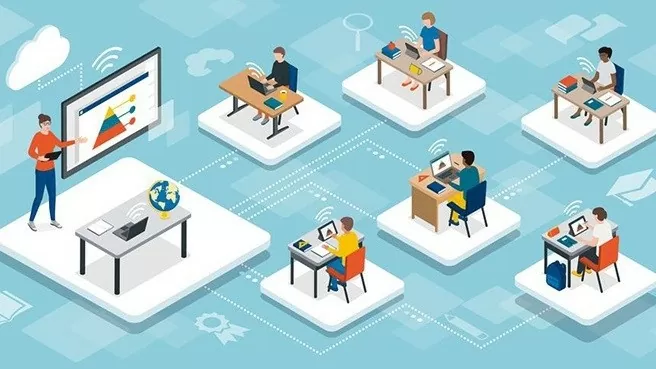 |
| Teachers have the professional qualifications and passion to apply technology and design digital learning experiences in a smooth and professional manner. (Source: mpbpo) |
More than communication
With the powerful support of technology, modern learners can easily acquire knowledge through many different learning channels.
Digital resources have become an endless store of common knowledge. Therefore, modern teachers are no longer limited to the task of imparting knowledge but also have the meaning of being guides, consultants, and motivators who inspire the passion for learning in learners.
Technology can help learners access information quickly and effectively with diverse digital utilities and experiences, but to create a positive and dynamic learning environment, develop creative thinking skills, critical thinking, problem-solving skills, and apply knowledge to practice, the role of the teacher is extremely important.
And in particular, people always have the need to connect emotionally and receive spiritual support during the learning process. This empathy, obviously, only teachers can inspire, guide and create a connection between learners and learning content.
Thus, technology, no matter how advanced and modern it is, only serves as a supporting tool, and cannot replace teachers who are always full of love for the younger generations and full of passion and dedication to their profession.
Technological innovations can only personalize learning effectively, but cannot achieve the deep empathy and social interaction that teachers bring to students.
Always update new skills
But that does not mean that teachers should subjectively rely on the power of spiritual connection. Carrying the mission of guiding the future generation, today's teachers are constantly changing along with the changes of society.
Science and technology are developing rapidly, so teachers are constantly learning and updating new technologies. Lifelong learning skills will be essential for teachers to access the latest technologies and teaching methods.
Modern teachers are always ready to equip themselves with new skills to proactively adapt and optimize technology in the teaching process. Teachers have full professional qualifications and love for the profession to apply technology and design digital learning experiences in a smooth and professional manner.
For example, management skills, using online learning platforms (Google Classroom, Microsoft Teams...) to organize classes, assign assignments, track learning progress; build interactive learning materials ( educational videos, multimedia lectures (images, audio, video), online quizzes...) and use AI tools to analyze learning outcomes, give feedback to each individual learner.
One of the current development trends in technology and education is the view that scientific research is applied to support teachers, not to replace them. Technology helps enrich teaching methods, improve learning efficiency, so that teachers can save effort, have time to focus on teaching as well as develop relationships and connections with learners. In the future, technology is a powerful support tool, and people still play a central role in education and social development. |
Source






![[Photo] Highways passing through Dong Nai](https://vphoto.vietnam.vn/thumb/1200x675/vietnam/resource/IMAGE/2025/11/12/1762940149627_ndo_br_1-resize-5756-jpg.webp)
![[Photo] Prime Minister Pham Minh Chinh attends a conference to review one year of deploying forces to participate in protecting security and order at the grassroots level.](https://vphoto.vietnam.vn/thumb/1200x675/vietnam/resource/IMAGE/2025/11/12/1762957553775_dsc-2379-jpg.webp)









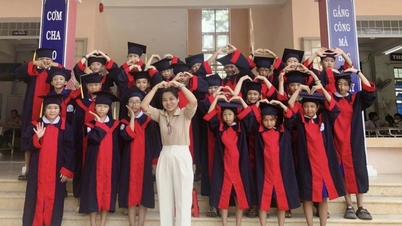







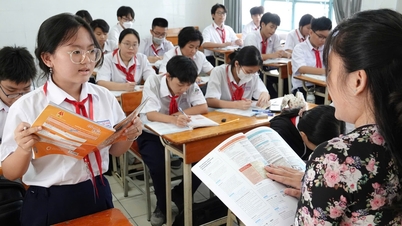

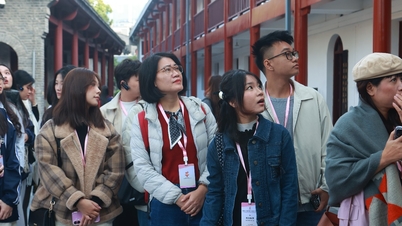






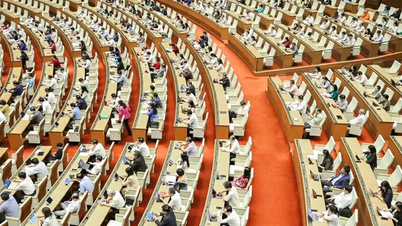
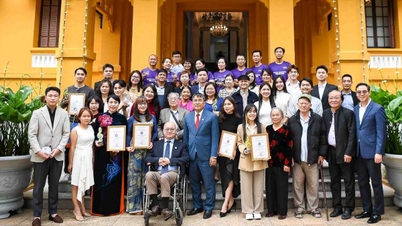
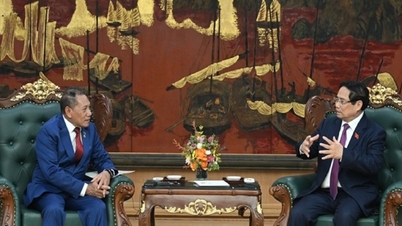















































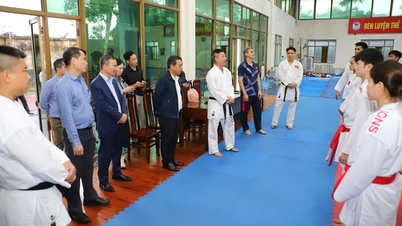









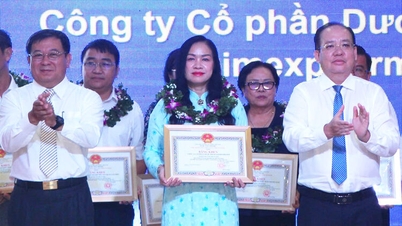
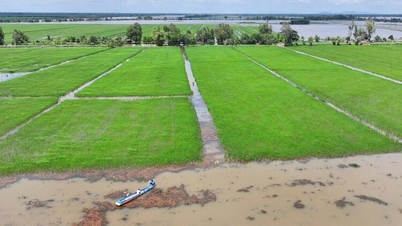






![Dong Nai OCOP transition: [Article 3] Linking tourism with OCOP product consumption](https://vphoto.vietnam.vn/thumb/402x226/vietnam/resource/IMAGE/2025/11/10/1762739199309_1324-2740-7_n-162543_981.jpeg)







Comment (0)